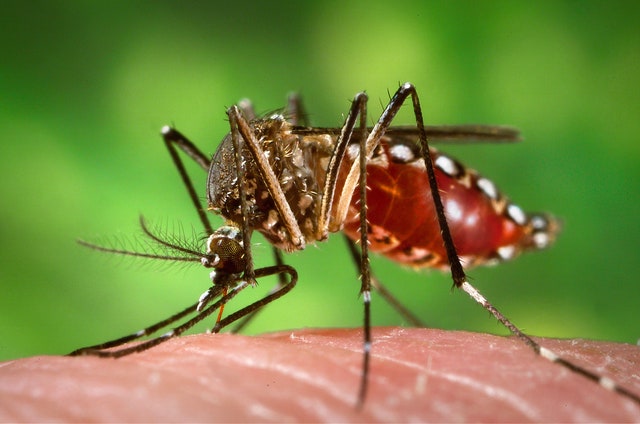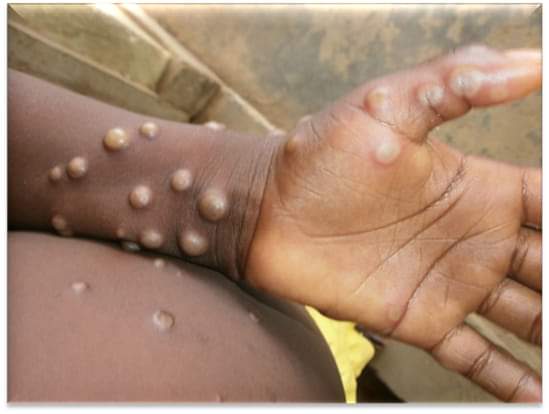GMO MOSQUITOES: In the Race to Eradicate Malaria

Did you know that genetically modified male (GMOs) mosquitoes have been created in laboratories and released into the wild with the aim to reduce the insects' ability to reproduce or transmit pathogens that cause diseases in humans, and that one billion of such mosquitoes have been released around the world since 2019?
Malaria, a disease caused by female mosquitoes (only female mosquitoes bite and transmit malaria and other viral diseases), is a deadly disease that kills at least 600,000 people every year globally. Nine in 10 of all deaths occur in sub-Saharan Africa, according to the World Health Organization.
Modified mosquitoes refer to genetically modified organisms (GMOs) that have been altered to control insect populations, particularly those that spread diseases such as malaria, Zika virus, and dengue fever.
These modified mosquitoes are created in labs using techniques such as gene editing to introduce traits that reduce the insects' ability to reproduce or transmit pathogens.
One common method used to control mosquito populations is the release of genetically modified male mosquitoes that carry a gene that causes their offspring to die before reaching maturity. This approach, known as the sterile insect technique, helps reduce the overall mosquito population and can help prevent the spread of diseases carried by these insects.
Another method involves modifying mosquitoes so that they are resistant to certain diseases, such as malaria or Zika virus. By releasing these genetically modified mosquitoes into the wild, researchers hope to reduce the transmission of these diseases and protect human populations from their harmful effects.
For instance, tens of thousands of GMO mosquitoes have been released in east African country, Djibouti, in an effort to stop the spread of an invasive species that transmits malaria. The first batch of the mosquitoes were released into the open air on Thursday, May 23, 2024, in Ambouli, a suburb of Djibouti city.
The friendly non-biting male Anopheles stephensi mosquitoes, developed by Oxitec, a UK-based biotechnology company, carry a gene that kills female offspring before they reach maturity. It is the first time such mosquitoes have been released in East Africa and the second time in the continent.
Similar technology has been successfully used in Brazil, the Cayman Islands, Panama, and India, according to the US Centres for Disease Control and Prevention (CDC). More than one billion such mosquitoes have been released around the world since 2019, CDC says.
Since the application of GMOs, new evidence indicates that the effort to stamp out disease-carrying insects such as using mosquitoes genetically engineered to kill off their own kind, is working.
Source: BBC News | Chat AI
#penglobalhealth



